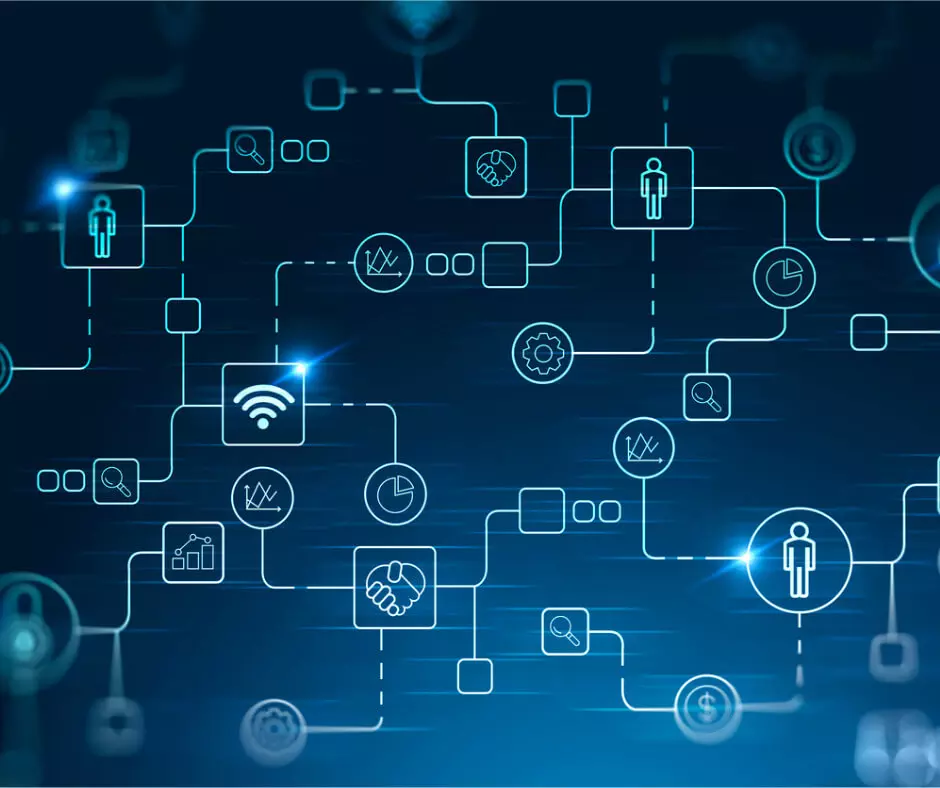
Industrial automation and work management
One of the unquestionable advantages of industrial automation is that it allows a company to be operational even in the absence of an operator. In fact the added value of automation is exactly that of being able to work without the operator's intervention,or in any case limiting the human activity to supervision. What does this mean in practical terms for a company? Continuous productivity that is not affected by holidays, weekends, night shifts and extraordinary closure periods - even long-term ones.
ROBOTIC CELLS AS A SOLUTION FOR A CONTINUOUS FLOW PRODUCTION
Going more in detail into the advantages of robotized cells in the work management, they allow to reallocate machines to a continuous H24 production and to use them for all kinds of work. The same machines that are normally bound to the presence of operators and to their production potential.
The support of a robotic cell to Computer Numerical Control (CNC) machines, welding stations, quality control systems, palletizing plants, etc., ensures high productivity and constant repeatability of the final product quality.
Moreover, robot cells, as well as other industrial automations, allow to improve the workflow planning. Let's see how.
ROBOTIC CELLS AND WORK MANAGEMENT
The Industry 4.0 devices are an integral part of our robotized cells and give operators and managers unlimited possibilities of work analysis and management.
Industrial machinery and robots are therefore increasingly interconnected. There are no territorial boundaries. The result is a much more efficient – because of response times - and economic management than an on-site machine control.
Nonetheless, it is important to analyze and manage all data (production and process ones) so that they can be used outside the company and at any time, in order to make this mechanism work at its best.
And this is the function we mentioned earlier for which Tera Automation industrial automated systems are equipped with a complete data collection system (Jarvis software, T-Router and video monitoring solutions).
The data collected and shared by 4.0 devices is made available for critical purposes, including:
- Optimizing the system performance (productivity);
- Analyzing alarms for preventive maintenance;
- Analyzing the market demand (according to the quantity of each type of item being produced);
- Projecting future investments;
- Calculating company margins with an accurate analysis of production times and costs (to be added to the supply chain for the realization of the marketed items);
- Monitoring the production stations constantly, with mobile devices and video supports.
HOW MUCH WOULD A ROBOT CELL COST TO YOUR COMPANY? FIND IT OUT WITH OUR ONLINE CONFIGURATOR
FLEXIBILITY AND CONSISTENCY: INDUSTRIAL AUTOMATION AND SMART WORKING
In our vision of a smart factory, alongside remote machine control, smart working acquires greater importance for a company that evolves its production organization. Smart working thus becomes an indispensable and complementary tool for the construction of a more and more customer-oriented service.
The possibility of generating composite virtual circuits with real-time management of warehouse, sales, marketing, purchasing, commissioning and trouble-shooting departments offer the possibility of structuring companies with minimum effort in terms of travel and therefore with enormous savings, as well as higher profit margins.
Just like robotic cells and automated lines in the production areas, groups of smart-workers allow a 24-hour presence for sales and support activities, with a flexible and modular management of working hours at the times when they are most useful - especially for internationally operating companies.
NEW PROFESSIONS, NEW SKILLS
According to Ginni Rometty, CEO of IBM, after the fourth industrial revolution, the 'blue collars' that are now involved in the production processes of industry 4.0 will become ‘new collars’. This means new profiles with different and more specific skills.
The ethical and social debate on the subject is very delicate and we don't want to go into it here. However, this evolution is useful to reassure those who are still considering the transition of their company to a smart factory: it is a reality that robotic cells and industrial automations generate a new working system. Many sectors will always need human skills alongside automated mechanical processes, but this will also generate new competences and professional profiles.
